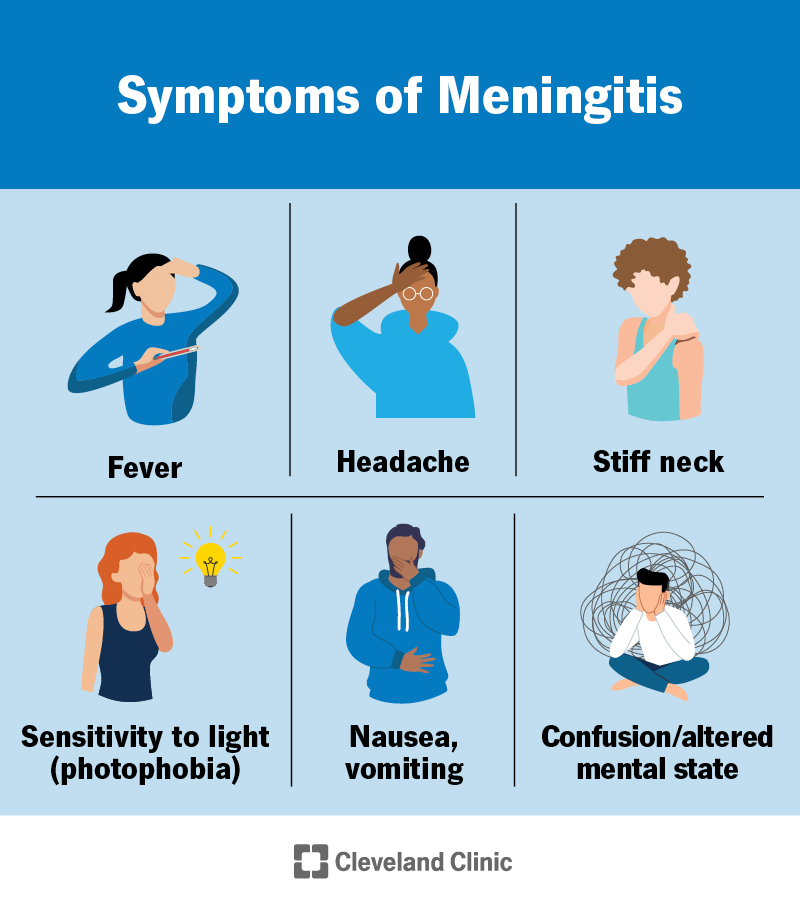Meningitis is a serious and potentially life-threatening condition that affects individuals of all ages. In the UK, awareness, prevention, and early management of meningitis are essential to safeguard public health. In this post, we’ll delve into what meningitis is, how to manage it, and crucial statistics that shed light on its impact in the UK.
What is Meningitis?
Meningitis is the inflammation of the meninges, the protective membranes that cover the brain and spinal cord. It can be caused by various factors, including viral or bacterial infections. Bacterial meningitis is particularly severe and requires immediate medical attention.
Key Stats:
- In the UK, bacterial meningitis is responsible for approximately 3 in 10 cases of meningitis.
- Meningitis cases often peak during late spring and winter, highlighting the seasonal nature of the disease.
How to Manage Meningitis:
- Early Recognition: Prompt recognition of meningitis symptoms is critical. Common signs include severe headache, neck stiffness, high fever, and a rash that doesn’t fade when pressed with a glass (a sign of bacterial meningitis).
- Seek Medical Help: If you suspect meningitis, seek medical attention immediately, by calling 999. Early treatment can make a significant difference in the outcome.
- Hospital Care: Individuals with bacterial meningitis usually require hospitalization. Treatment involves intravenous antibiotics and other supportive care measures.
- Vaccination: In the UK, several vaccines are available to prevent certain types of meningitis. The MenACWY vaccine is provided to teenagers and first-time university students to protect against some of the most common meningococcal infections.
Prevention of Meningitis:
- Vaccination: As mentioned, vaccines are a crucial prevention measure. The MenB vaccine, offered to infants, protects against meningococcal group B bacteria, one of the leading causes of bacterial meningitis in the UK.
- Good Hygiene: Practicing good hygiene, such as frequent handwashing, can help reduce the risk of infection.
- Close Contact Awareness: Knowing the symptoms and being vigilant, especially if you have been in close contact with someone who has meningitis, can help in early detection.
Key Stats:
- In the UK, the introduction of the MenB vaccine for infants has led to a substantial decrease in cases caused by this strain.
Meningitis is a condition that requires swift action. Understanding the symptoms, seeking immediate medical attention, and staying up-to-date with vaccinations are essential steps in managing and preventing this disease in the UK.


